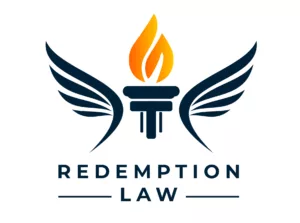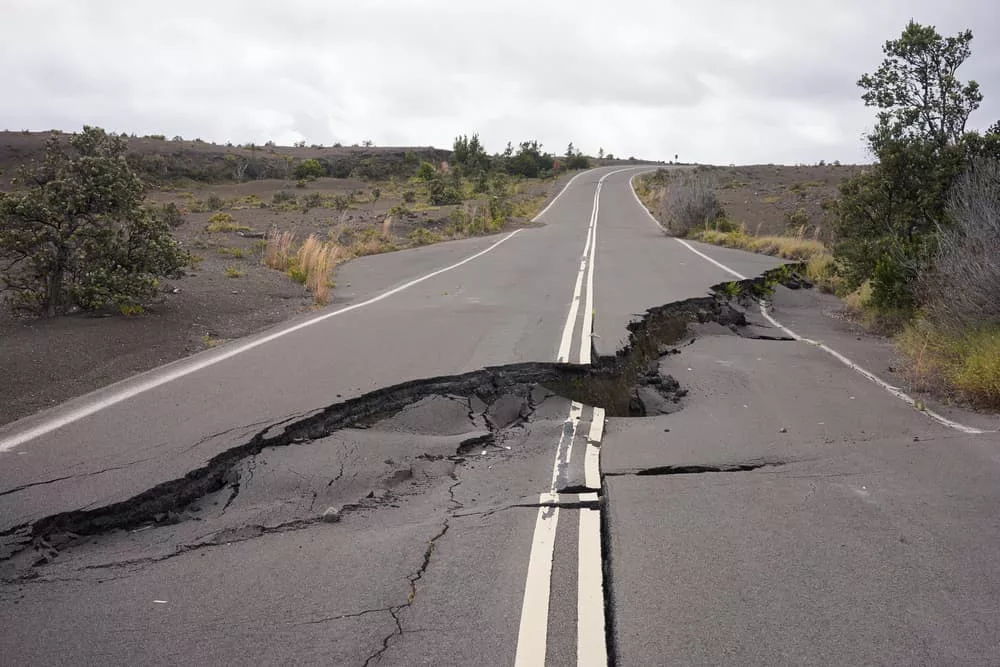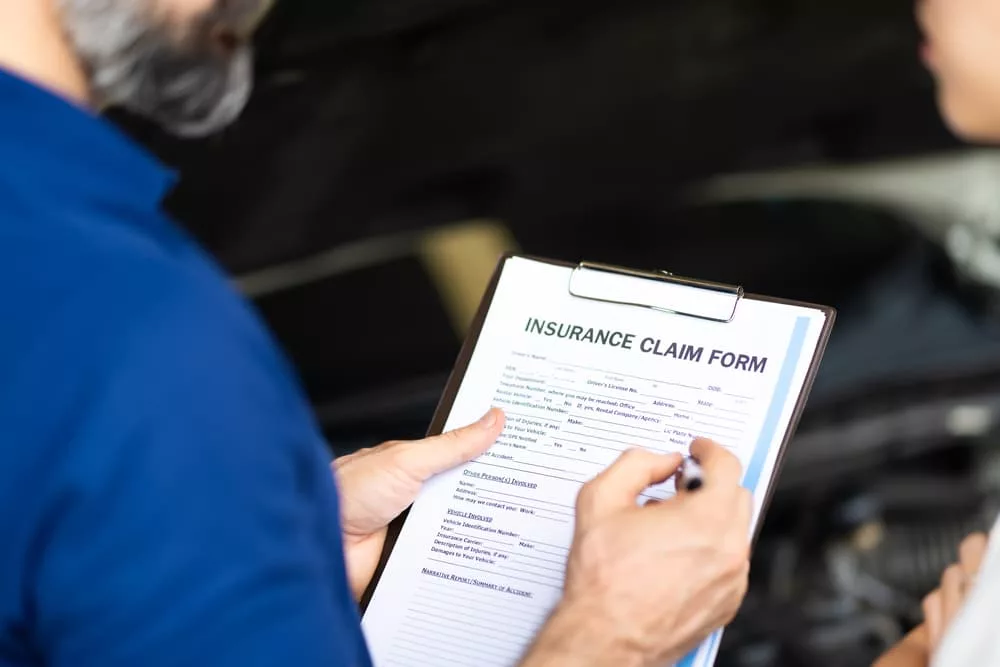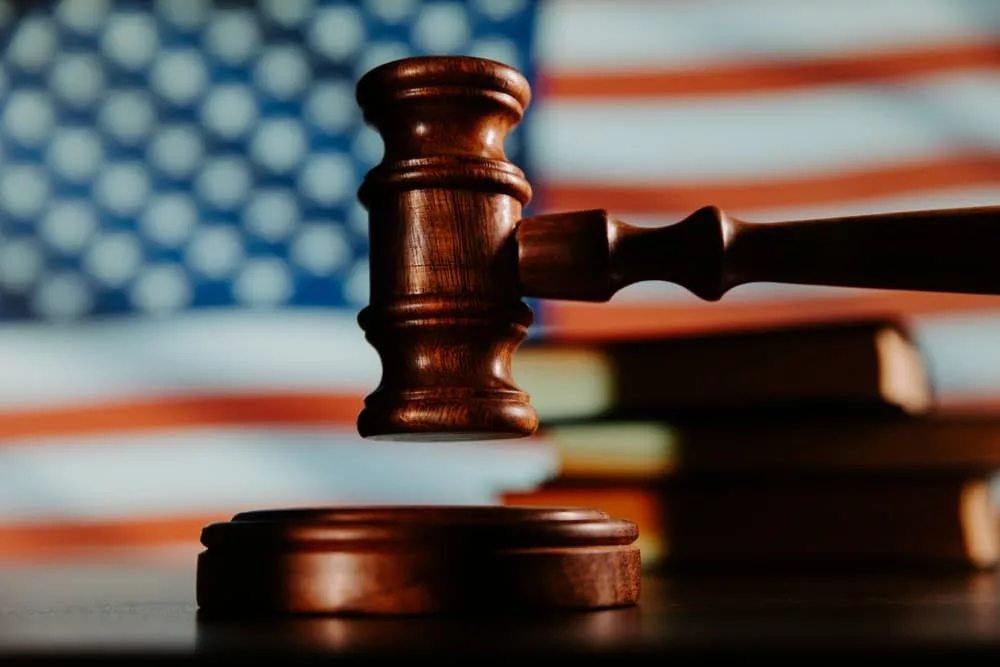When you think of a car accident, you may picture colliding with another driver and perhaps filing an insurance claim for compensation. Depending on the details of your car accident, you may hold several parties at-fault, including the government.
You may blame a governmental entity for your accident under specific circumstances. A car accident attorney can investigate your accident to determine whether the government is liable for your injuries and, if so, file a claim for compensation on your behalf.
A Background on Governmental Legal Claims
Filing a claim against the government is harder than filing a claim against a person.
Governmental claims involve unique challenges.
Sovereign Immunity
Sovereign immunity is a concept dating back to ancient English law. Under this concept, the monarch, as a sovereign ruler, did not ever have to face liability, as they could do no wrong.
Nowadays, sovereign immunity refers to the immunity that governmental entities have from liability and lawsuits.
While sovereign immunity generally protects the government from lawsuits, certain exceptions exist. In some cases, the government can face liability.
States typically cover the topic of sovereign immunity in their laws. Under these laws, you’ll find instructions detailing when you can file a claim against the government and, if so, how to properly do it.
Filing a claim against a governmental agency or state agency is not easy. You’ll need to turn to the law to acquire a deep understanding of how sovereign immunity works in your state and the specifics of these cases, including deadlines, procedures, and limitations on financial recovery.
The Federal Torts Claim Act
As mentioned, sovereign immunity once made it totally impossible to file a legal claim against the government. Now, things have changed thanks to the Federal Torts Claim Act.
The Federal Torts Claim Act, or the FTCA, is the legislation that now allows individuals to sue the government. Before the Act, you had no legal redress if you were in an accident involving the government or its actors. Thanks to the adoption of this Act, you may file a claim against the government for injuries and losses.
How Does Filing a Claim Against the Government Differ From Other Parties?
If you’ve ever been in a collision with another driver, you’ll know that pursuing compensation is much different. Usually, an accident with other drivers means filing an auto insurance claim.
If you live in a fault state, you’ll file a third-party claim with the at-fault driver’s insurance company. On the other hand, if you’re in a no-fault state, you can file a claim under your own insurance to receive compensation.
When filing a claim with a governmental entity, the usual insurance rules do not apply. Instead, you’ll need to take special steps to file your claim.
Generally, filing a car accident claim against a governmental entity differs in the following ways:
- The time you’re allowed to file a claim against the government is usually much shorter than other types of claims
- You must take certain preliminary steps before you can file a lawsuit
- Depending on the circumstances, you may not have the opportunity to sue
These differences can have a strong impact on your case and ability to receive financial recovery. Therefore, always seek legal guidance to ensure a trusted professional is properly handling your case.
Car Accident Cases: When Can You File a Claim Against the Government?
Simply put, to file a car accident claim against a governmental entity, they must be solely or partly responsible for your collision and resulting losses. Typically, governmental employees are the parties that physically cause your accident, and their employer, the governmental entity, faces the lawsuit for the employee’s wrongdoing.
You may have a claim against the government if your auto accident involves a government vehicle.
Government-owned vehicles include:
- Police cars
- Fire trucks
- Ambulances
- United States Postal Service vans
- City buses
- Military vehicles
- Federal fleet vehicles
Government vehicles can belong to any federal, state, city, or county government.
Sometimes it’s not obvious when a car is a governmental vehicle. Therefore, after an accident, consult a car accident lawyer right away. Your attorney can determine whether your accident involved a governmental vehicle and, if so, which agency it belongs to.
A Government Car Accident Claim Can Help You Recover Financially for Your Injuries
Car accidents can result in significant injuries. When you file an accident claim against the governmental entity that caused your collision, you’re pursuing compensation for your injuries and other directly related losses.
Some of the injuries government car accident victims are likely to suffer include:
- Cuts and lacerations
- Head and neck injuries
- Broken bones
- Internal injuries
- Back and spinal cord injuries
- Traumatic brain injuries
Through your accident claim, you’re pursuing financial recovery for all of your medical expenses. You may get compensation for your past and current medical bills, but also for your future healthcare expenses. This depends on your injuries and the impact they’ve had and will have on your health and life.
The Procedure of Filing an Accident Claim Against a Governmental Entity
Filing a claim against the government is unique. You must note the special steps and deadlines and adhere to requirements to give yourself the best opportunity to obtain a fair case result.
Identify the Agency Responsible for Your Accident

First and foremost, you must determine what governmental entity caused your collision. Consider the vehicle you collided with and who it belongs to.
For example, if a city bus crashes into you, the city’s transportation department will likely be responsible. If you experience an accident with a police car, you can hold the law enforcement agency it belongs to liable.
Notice of Claim
Up need to file a Notice of Claim for claims involving the government. Whether a governmental entity is wholly responsible for your accident or only partly to blame, you cannot skip this step.
The exact procedure for filing a notice of claim depends on your state’s law. However, filing this notice makes the governmental agency aware that you’ve suffered injuries and losses in your accident. This allows the agency a chance to properly respond to your claims before you may file a lawsuit.
Your notice of claim must include specific details about your collision, including:
- The date, time, and location of your accident
- Your account of how the collision occurred
- Names and information of all parties involved
- The injuries and damages you sustained as a result of the accident
You only have a certain amount of time to complete and file your notice of claim with the proper governmental entity. First, you need to know which government agency contributed to your accident and how long you have to file your notice.
Depending on state law and the entity, you may have as little as 90 days or as long as two years. Failing to file your notice of claim on time can hurt your ability to file an accident claim and obtain favorable compensation.
Waiting Period
After you file your notice of claim, a mandatory six-month waiting period follows. During this time, the governmental agency may thoroughly investigate your accident to issue a response to your claim. The agency may accept or deny your claim based on their findings.
If the governmental entity accepts your claim, they can offer to settle for some or all of your requested damages. Conversely, the agency may deny your claim or attempt to settle for much less than your case is worth.
While not as common, the governmental entity may not issue a response to you at all after the six months is over. If your claim gets denied or you don’t receive communication, you can proceed with filing a lawsuit.
Filing a Lawsuit
If your claim does not resolve during the investigation period, you can file a lawsuit against the responsible agency. You have six months to file your claim in court.
As with other kinds of personal injury lawsuits, you’ll need to prove the government’s negligence caused your accident. Doing so requires you to establish the four elements of negligence: duty, breach, causation, and damages.
First, you must show the governmental entity owed you a duty of care. Then, you’ll show how they breached this duty. You’ll need to exhibit the relationship between the agency’s breach of duty and your accident. And finally, you must show proof of your accident-related damages.
If multiple parties are responsible for your accident, you must establish liability for every separate entity. This can be particularly challenging depending on your circumstances, but a car accident attorney has the skills and resources to complete the task.
Do Claims Against the Government Settle?
You may settle your claim with the government, even before you ever file a lawsuit. If the governmental agency will settle, you can obtain compensation for your losses and resolve your case before ever having to file a lawsuit. However, if the governmental entity refuses to settle, you can proceed with filing your lawsuit.
Even after you file a lawsuit, your case can settle at any time. If you settle, your case doesn’t need to go to court, which saves plenty of time and money. However, securing a proper settlement is not as easy as it may seem, especially against the government.
Settlement negotiations are often one of the most stressful parts of an accident case, but a car accident attorney can handle your settlement negotiations for you. When you have legal representation throughout your case, you can feel confident knowing your lawyer will work diligently to obtain the most favorable result.
Useful Evidence for Government Car Accident Claims
Evidence helps in any car accident claim, but even more so in claims involving the government. You can expect the government to push back and avoid liability, but evidence can help substantially strengthen your claim.
Some of the evidence that may assist you with your case includes:
- Videos
- Photos
- Surveillance footage
- Police reports
- Medical bills and records
- Witness statements
A car accident lawyer can gather the evidence that will benefit your case most.
Damages for Car Accident Claims Against the Government
When you’re involved in an accident with a governmental agency, you’ll experience certain losses. Damages compensate you for these losses, allowing you to feel some relief from untimely financial burdens.
In your car accident claim against the government, you can pursue financial recovery for:
- Medical expenses, including medication, treatment, and rehabilitation
- Property damage
- Income loss
- Emotional distress
- Disability
- Scarring and disfigurement
Additionally, if you suffer a loss in a collision with a governmental entity, you may file a wrongful death lawsuit. A wrongful death claim allows you to recover monetarily for the loss of your loved one.
A car accident lawyer can calculate your damages and determine how much your case is worth. Based on the value of your claim, they can pursue full compensation.
Seek Legal Guidance for Your Car Accident Claim Against a Governmental Agency

You don’t have to navigate a complex and overwhelming case against the government alone, and you should never even try to do so. As soon as possible after your collision, consult a personal injury lawyer to receive proper guidance, advice, and a plan for your claim. Do it now, before the short and strict deadlines to exercise your rights to compensation expire.
Related articles
Related articles Related articles Related articles Related articles Related articles Related articles Related articles Related articles Related articles Related articles
Car Accident
18 Jan 2024
Who Is Liable if a Road Hazard Causes a Car Accident?

Car Accident
16 Jan 2024
How to File a Car Accident Claim as a Passenger




